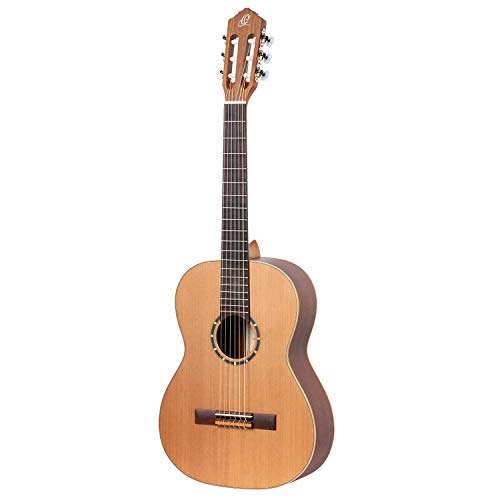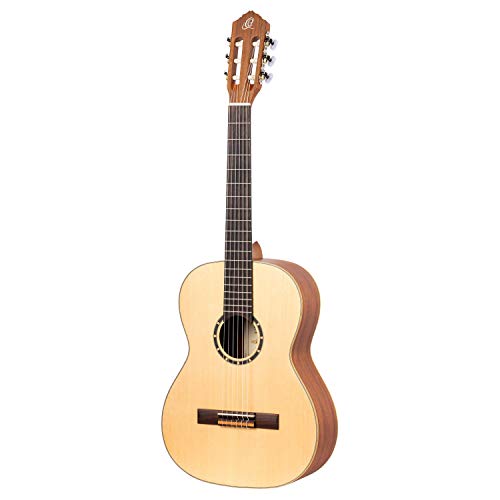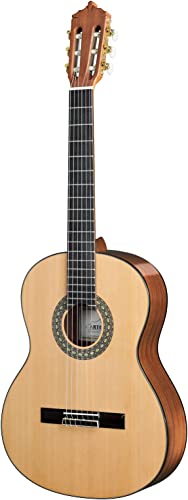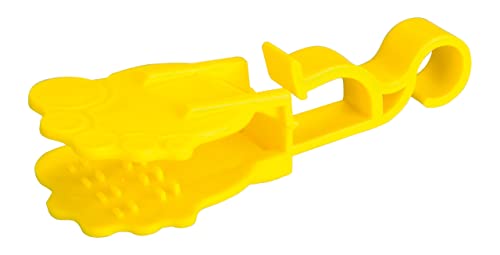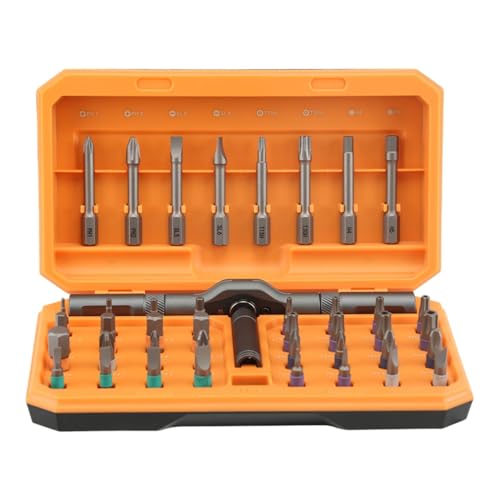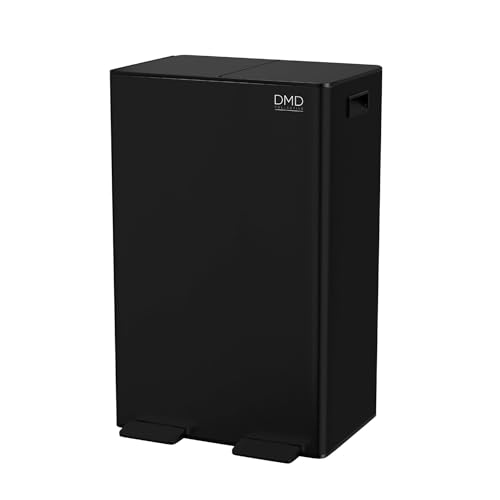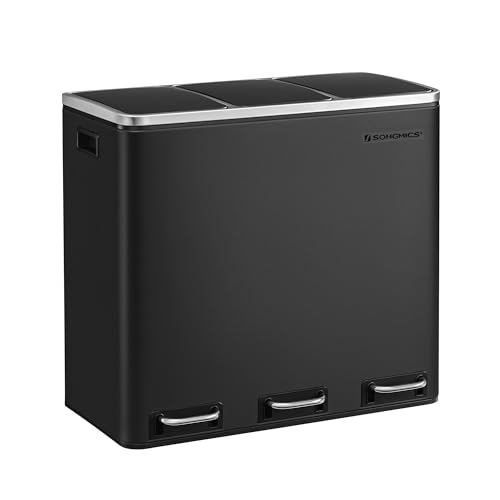Understanding the 7/8 Guitar: What Makes It Unique?
What is a 7/8 Guitar?
A 7/8 guitar is slightly smaller than a full-sized guitar, specifically measuring about ⅞ the dimensions. This unique sizing is particularly appealing to musicians who find traditional guitars cumbersome or uncomfortable to play. The smaller body size makes it easier to handle, especially for young players or those with smaller hands, while still maintaining a full, rich sound. You might think of it as the ideal ‘in-between’ option—it’s not as small as a travel guitar, yet not as bulky as a standard instrument.
Why Size Matters
The dimensions of a guitar can significantly affect playability and tone. The 7/8 guitar strikes a balance between comfort and sound projection. It allows for a more manageable reach for chords and finger positions without sacrificing sound quality. This makes it an attractive option for musicians who might struggle with the reach of a full-size guitar or those who simply prefer a lighter instrument to hold.
Key Features to Look for in a 7/8 Guitar
Material Quality
When searching for a 7/8 guitar, the materials used in its construction are paramount. Look for solid wood tops, as they generally offer better sound quality compared to laminated woods. Where possible, opt for models that use quality tonewoods such as spruce or cedar for the body, as these contribute to a deeper, resonant tone.
Neck and Fingerboard Design
The neck should feel comfortable and easy to navigate. Consider the profile and width—some players prefer a thinner neck that allows for quicker movements, while others might opt for a thicker neck that provides stability for fingerpicking. Additionally, check the fingerboard material; rosewood and ebony are popular choices for their durability and smooth feel.
Electronics and Playability
If you plan to amplify your sound, investigate the type of electronics available. Many modern 7/8 guitars come equipped with quality pickups that ensure a balanced tone when plugged into an amplifier. Furthermore, check the action of the strings; a well-set action offers ease of playability, allowing you to play for longer without discomfort.
Why Choose a 7/8 Guitar: Benefits for Musicians
Comfort During Play
One of the primary reasons to choose a 7/8 guitar is the enhanced comfort it provides. Musicians who play for extended periods will appreciate the lighter weight and smaller body. This reduced strain can lead to a more enjoyable playing experience, making practice sessions and performances less taxing.
Versatile Use
The versatility of a 7/8 guitar is another significant benefit. Whether you’re playing folk, rock, or classical music, this style of guitar can adapt well across genres. Its sound projection allows it to hold its own in both solo and ensemble settings, making it a great choice for musicians who want an all-purpose guitar.
Top Recommendations: Our Favourite 7/8 Guitars on the Market
Taylor GS Mini
The Taylor GS Mini stands out in the world of 7/8 guitars for its excellent sound quality and craftsmanship. Its solid Sitka spruce top and layered sapele back and sides provide deep resonance and clarity. Plus, its short-scale neck ensures comfortable playability, making it a top choice for both beginners and professionals.
Yamaha FS800
The Yamaha FS800 offers fantastic value for those seeking a quality 7/8 guitar without breaking the bank. With a solid spruce top and mahogany back and sides, this model produces a warm, well-balanced tone. Its sleek design and comfortable neck make it a joy to play, perfect for both practice and performance.
Caring for Your 7/8 Guitar: Tips for Maintenance and Longevity
Regular Cleaning
Maintaining your 7/8 guitar begins with regular cleaning. Wipe down the strings and body after each use to remove oils and dirt that can cause wear over time. Use a soft cloth specifically designed for instrument cleaning to avoid scratches.
Proper Storage
Store your 7/8 guitar in a suitable case or stand to protect it from dust and temperature fluctuations. Keeping it in a stable environment reduces the risk of warping and other damage. If you live in a particularly dry or humid climate, use a humidifier or dehumidifier to maintain the ideal moisture levels.





